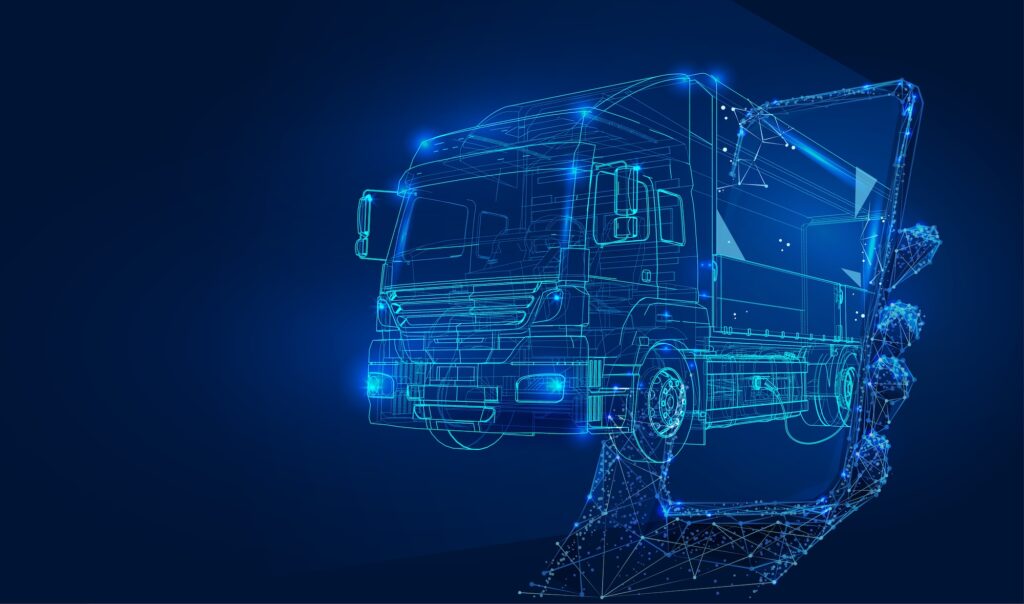Digital Marketplaces Transform Special Equipment and Commercial Vehicle Procurement for Optimized Logistics Operations

In contemporary logistics, where every element of the supply chain demands maximum efficiency, the management of specialized equipment and commercial vehicle fleets is critically important. From ensuring timely raw material deliveries to efficient distribution of finished goods, the availability of appropriate and readily accessible equipment defines the continuity of business processes. Nevertheless, traditional approaches to procuring or updating such transport often face challenges related to limited selection, significant time expenditure on sourcing, and a lack of transparency in transaction terms, posing considerable hurdles for inbound logistics.
The Evolution of Procurement: From Fragmentation to Centralized Solutions
Historically, the acquisition of commercial transport and specialized equipment relied heavily on dealership networks, local auctions, or personal contacts. While these methods had their merits, they frequently restricted companies’ access to a broader market and could significantly slow down the procurement process, directly impacting production and distribution schedules. With the advancement of digital technologies, a clear need emerged for more flexible, transparent, and globally accessible tools to manage procurement effectively.
This is precisely where digital transformation unlocks new opportunities through specialized marketplaces. These platforms serve as centralized hubs where thousands of sellers and buyers can directly interact. They not only simplify the search but also provide systematized data, comparison tools, and analytical insights, enabling more informed decision-making. For logistics companies, this translates into enhanced responsiveness to changing market demands and optimized cost structures.

Truck1.eu: Addressing Global Commercial Vehicle Needs
Truck1.eu exemplifies such a specialized platform, having established itself in the realm of online classifieds for commercial vehicles. Leveraging years of experience in specialized equipment classifieds, it provides an interface for interaction between sellers and buyers. The platform aggregates offers from thousands of sellers across Europe, granting access to an extensive array of trucks, tractor units, as well as construction and agricultural machinery. It also integrates options for leasing and spare parts acquisition, broadening the scope of fleet management solutions.
Key attributes of Truck1.eu that cater to the needs of logistics professionals include:
Global Reach and Accessibility: The platform connects users from over 150 countries and supports listings in 33 languages. This enables logistics companies to overcome geographical barriers and to source necessary equipment internationally, whether it’s specific new models or extensive used truck listings from Europe. A vast selection of offerings becomes accessible through a single portal
Streamlined Search and Selection: Its intuitive interface and advanced filtering capabilities allow users to quickly refine searches by key parameters such as brand, condition, power, or region. This approach significantly reduces the time spent on sourcing and simplifies the process of comparing and evaluating propositions.
Facilitating Seller-Buyer Interaction: The platform ensures information transparency by providing detailed descriptions, photographs, and direct contact options with sellers. For dealers, it offers tools for effective engagement with millions of potential buyers, including analytical features to monitor performance. Furthermore, dedicated personal managers provide support to dealers throughout the process, contributing to smoother interactions on the Truck1.eu platform.
Digitalization as a Core Factor for Logistics Optimization
The integration of digital marketplaces into the procurement strategies of logistics companies represents a significant step towards enhancing overall operational efficiency. The ability to swiftly identify and acquire essential specialized equipment allows for minimized downtime, rapid adaptation to evolving demands, and the maintenance of continuity for critical operations within the supply chain.
The adoption of such platforms reflects a broader trend towards the digitalization of the logistics industry, aimed at fostering more agile, resilient, and competitive supply chains. They are evolving from mere transaction platforms into strategic resources for improving asset management and responding effectively to market dynamics.
